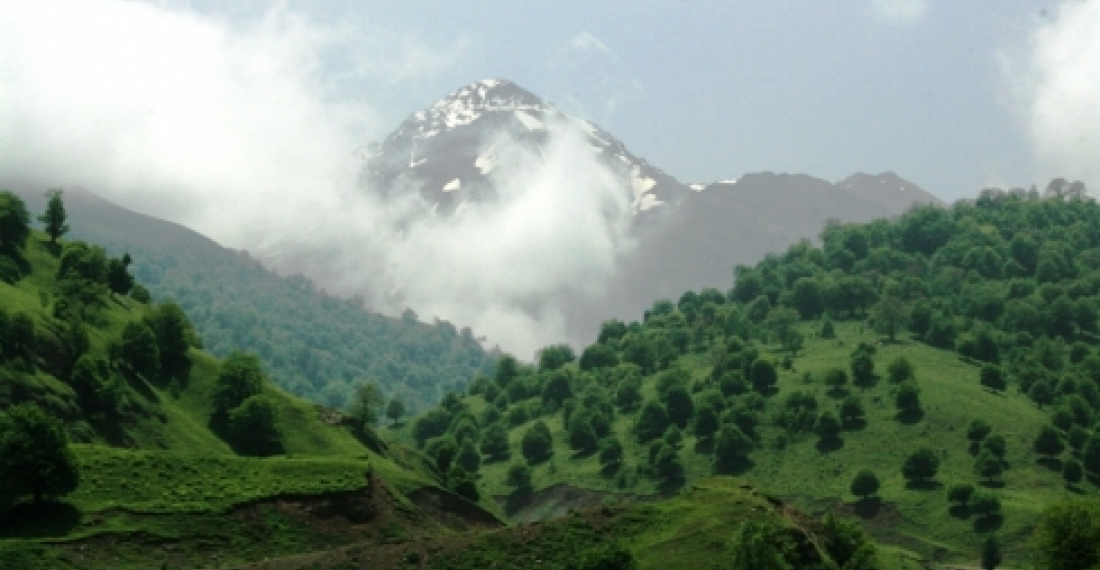This is a commentary prepared by the editorial team of commonspace.eu
For the last ten days fighting on the Armenia-Azerbaijan border, and the line of contact separating opposing forces in the Nagorno-Karabakh conflict zone, has claimed the lives of dozens of soldiers, most of them young Armenian and Azerbaijani conscripts, and injured many more. Civilians have once more also been caught in the cross-fire, and in a disturbing development, representatives of the International Committee of the Red Cross have also been fired on.
Both sides accuse each other of starting the fighting. Who really did we will probably never know. Accompanying the shooting has been a campaign of propaganda and disinformation. Each side is simultaneously trying to project itself as both victim and victor. However the real victims are the young people who have been killed or wounded and whose lives have been lost or shattered. Nobody is the victor, except death.
It is said that in any war, the first casualty is truth.This Karabakh conflict is no exception. The people of Armenia and Azerbaijan have for the last twenty years been subjected to a process of brain-washing and indoctrination aimed at painting the other side as the eternal enemy. Similarly the international community has been bombarded with disinformation and cheap propaganda rhetoric. If those who matter on the Armenian and the Azerbaijani sides, had spent their efforts and resources on genuinely trying to resolve the conflict, instead of spreading disinformation, we will be today in a much better situation. Neither side has won the propaganda battle, and neither side will, for the stark reality is that in this conflict there is no black and white truth, in the same way that there is no black and white solution. The only way out is through serious negotiations based on good-will and compromise, and it is clear that whilst negotiations have taken place, not all of them have been in good faith.
The incidents of the last ten days are a continuation of a conflict that started many years ago. The cease fire that has been in place in the last twenty years has been violated thousands of times. That these violations can spiral very quickly into deadly incidents, or even outright war with very serious consequences, is something that everybody has known about for a long time. It is therefore hypocritical of the international community to simply issue statements expressing concern. What is required of the international community is "courage" and "political will", the two prerequisites that are often demanded from the sides in the conflict: "courage" to stand up to the sides and challenge their flawed narrative and tired rhetoric; "political will" to engage seriously with the task of resolving this conflict once and for all, rather than simply patching up again the cease-fire. If the international community is not ready to rise to the occasion it is better that it washes its hands completely from any involvement in trying to resolve this conflict, or it may find itself being an accomplice to the nasty things that are happening this summer on the hills and valleys of Karabakh, and the wider South Caucasus region.
This commentary was prepared by the editorial team of commonspace.eu.
photo: A general view of the hills and valleys of Karabakh.







